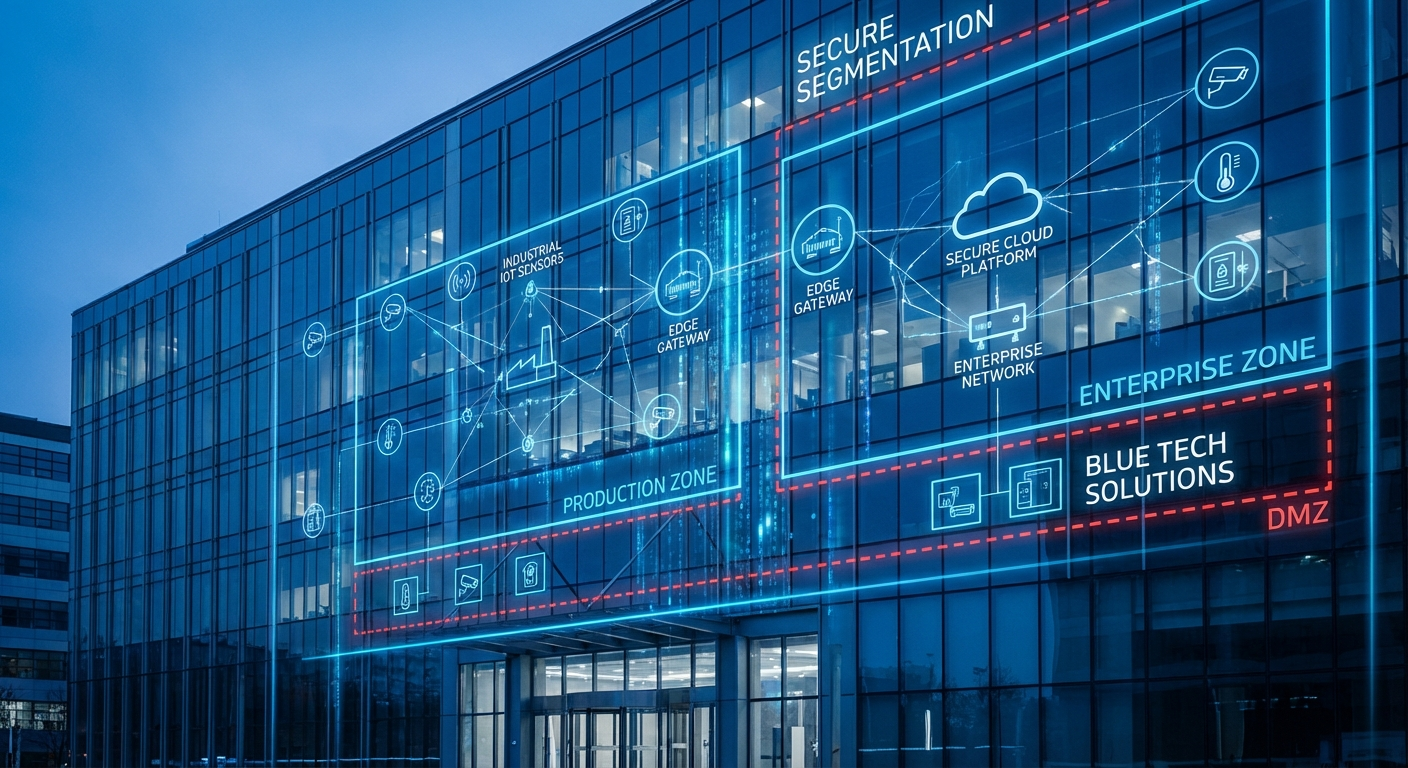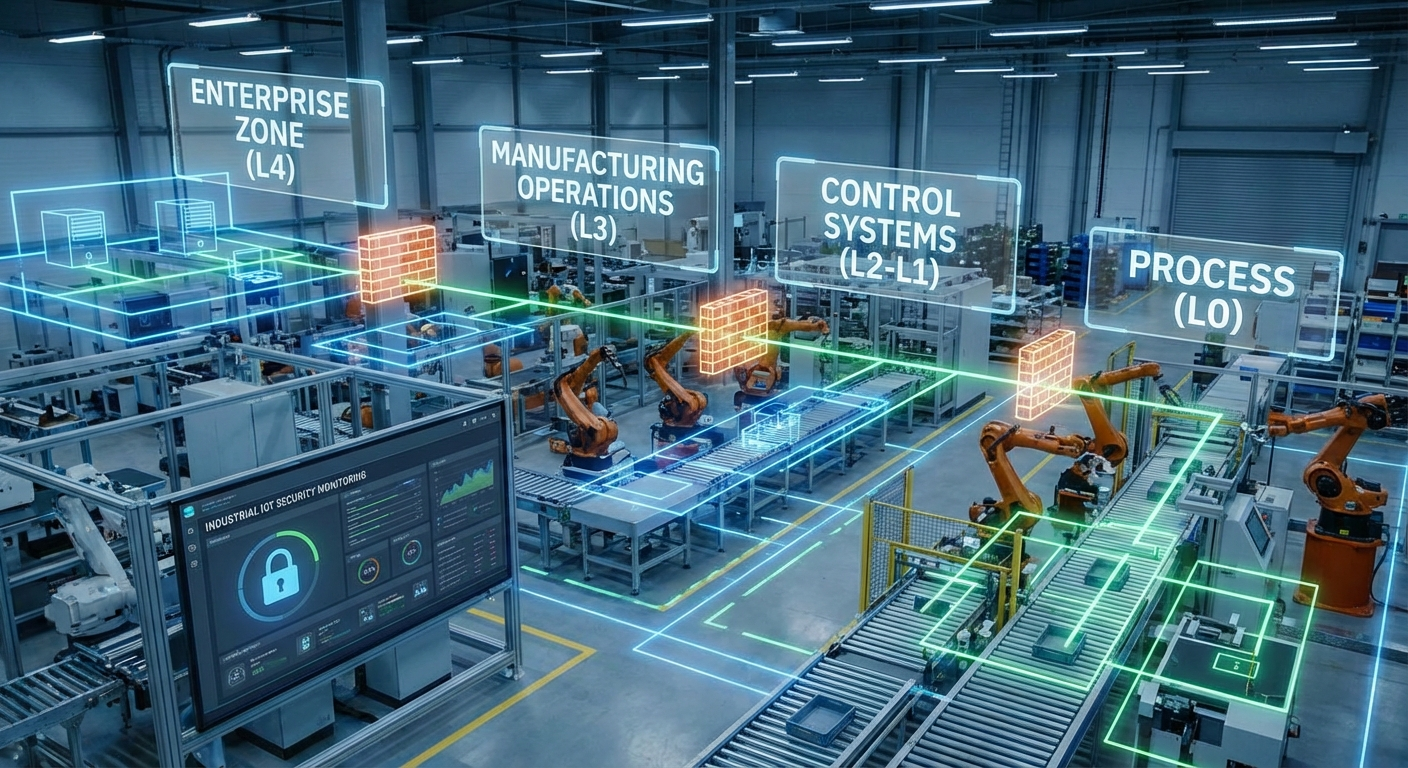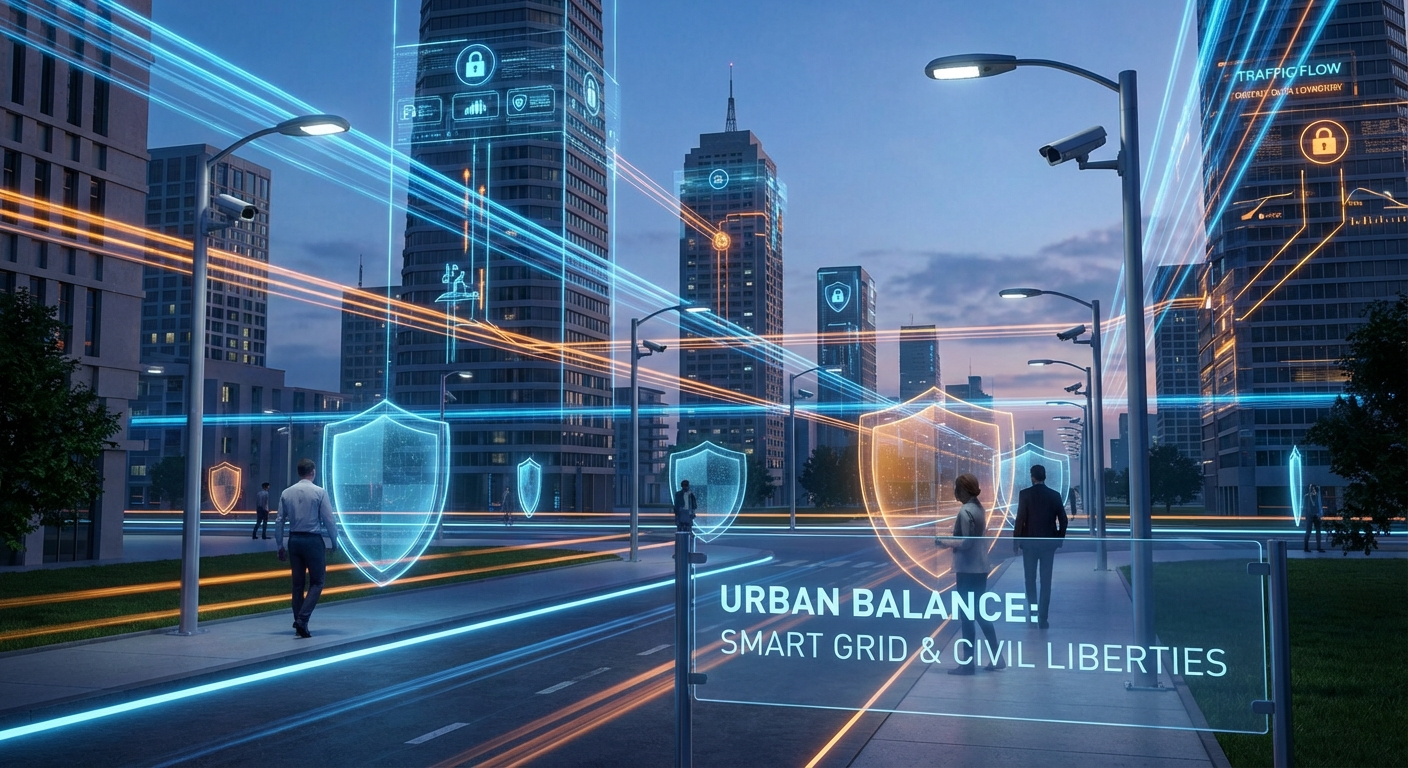Summary: This article explores how blockchain technology, originally devised for digital currencies, can enhance office security, specifically regarding data integrity, supply chain security, and decentralized access control.
Introduction:
Organizations continuously look for novel ways to secure their data and infrastructure in the rapidly evolving digital landscape. Blockchain technology, initially developed for financial transactions in the form of digital currencies like Bitcoin, is emerging as a game-changer in the realm of office security. By leveraging blockchain’s transparency, immutability, and decentralization, businesses can reinforce data integrity, supply chain security, and implement decentralized access control.
Blockchain 101:
In simple terms, blockchain is a type of distributed ledger that records transactions across many computers so that the record can’t be altered retroactively. This ability to preserve the immutability and transparency of data transactions makes blockchain a promising tool for securing office environments.
Blockchain’s Impact on Office Security:
Challenges and Considerations:
As promising as blockchain technology is, it also presents certain challenges. Implementation can be complex and costly, requiring a substantial investment of resources. Furthermore, the transparency inherent in blockchain can potentially conflict with privacy regulations. Therefore, businesses need to strike a delicate balance when integrating blockchain into their office security strategies.
Conclusion:
As blockchain technology evolves and matures, its potential for enhancing office security is becoming increasingly apparent. While implementation does come with certain challenges, the potential benefits - enhanced data integrity, secure supply chains, and decentralized access control - make it a promising solution. In the ever-evolving world of cybersecurity, technologies like blockchain will be instrumental in safeguarding businesses against increasingly sophisticated threats.



